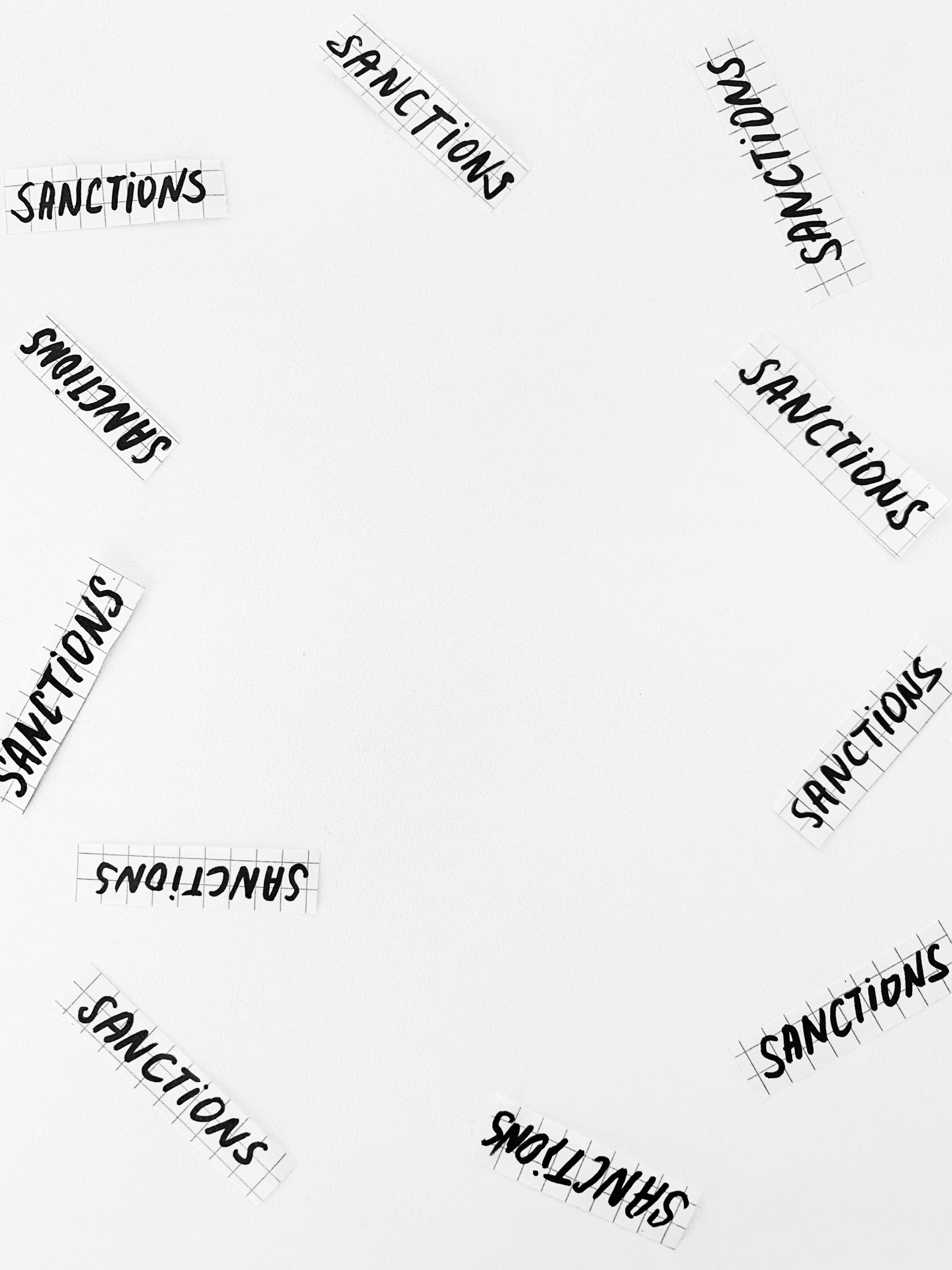What to Do When Facing a DUI – Guest Post

The consequences of getting a DUI can be life-ruining for many. In addition to the possibility of losing your driver’s license, heavy fines, jail time, and a criminal record in some cases, a DUI can seriously affect your career, personal relationships, and mental health. Understanding what to do when facing a DUI and how to minimize the damage is important.
Hire an Experienced DUI Attorney
Finding yourself facing DUI charges can be a stressful experience. The legal process can be overwhelming and confusing, especially without the guidance of an experienced DUI attorney, someone like the professionals at the Law Offices Of Fischer And Putzi. It’s important to find an attorney specializing in DUI cases and extensive knowledge of breath and blood testing law and science. A skilled attorney can provide peace of mind and help you understand your legal options. They can also protect your rights and work towards reducing charges and penalties. Hiring an experienced DUI attorney is crucial in ensuring the best possible outcome for your case.
Take Responsibility
When facing the consequences of one’s actions, taking responsibility is crucial. It entails acknowledging the situation and accepting the role you played in it, rather than shirking accountability. For instance, if one was caught driving under the influence, owning up to the offense doesn’t make it any less serious; however, it shows that you understand the gravity of the situation and are willing to make amends. Not only does this make a positive impression in court proceedings, but it also allows for the possibility of reduced charges and penalties. Bottom line: taking responsibility for your actions is not a burden but a stepping stone towards a better future.
Attend a DUI School
DUI schools are designed to help individuals address their drinking behavior and prevent future incidents. These schools offer a variety of classes and programs that cater to the offender’s specific needs. By attending a DUI school, individuals can show the court that they take their actions seriously and are willing to change their behavior. Completing a DUI school program demonstrates responsibility and acceptance of consequences. It can also result in a reduced sentence and fewer legal ramifications. A DUI school serves as a valuable resource for individuals seeking to confront their drinking problem and take the necessary steps to prevent it from happening again.
Explore Treatment Options
For those facing alcohol dependency, seeking help can be a daunting task. However, exploring treatment options is an essential step toward overcoming the problem. Seeking help can not only improve the individual’s health but can also help to mitigate legal consequences. In some cases, taking active steps toward addressing the root cause of the problem can lead to a more lenient ruling by the court. Therefore, it is essential to consider all available treatment options and work with professionals to determine the best course of action. By taking the first step towards recovery, individuals can rebuild their lives and move past the effects of alcohol dependency.
Make Lifestyle Changes
Preventing future DUI incidents is essential to maintaining a safe and responsible lifestyle on the roads. Making lifestyle changes is the key to achieving this. Avoiding situations where drinking and driving may occur is a crucial first step. Arranging for a designated driver or using a ride-hailing service before going out is a great way to avoid temptation. For those who are committed to a safer lifestyle, avoiding alcohol altogether is the safest option. By making these lifestyle changes, you can help guarantee your own safety and that of others.
Getting arrested for a DUI can be humbling and life-changing, but it doesn’t have to ruin your life. By following the steps outlined above, you can minimize the long-term impact of a DUI. It’s essential to work with a skilled DUI attorney, take responsibility for your actions, attend a DUI school, explore treatment options, and make lifestyle changes to prevent future incidents. By taking these steps, you can move forward with your head held high and avoid future mistakes that could ruin your life.



















